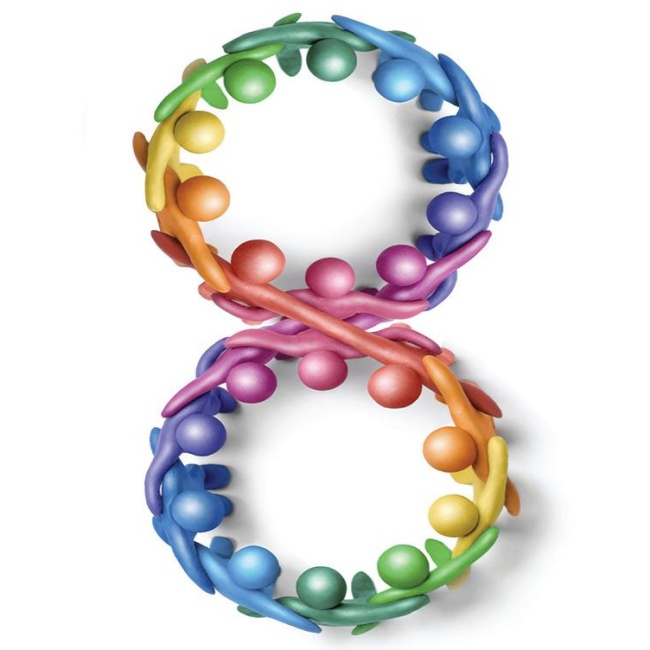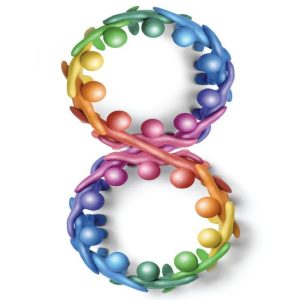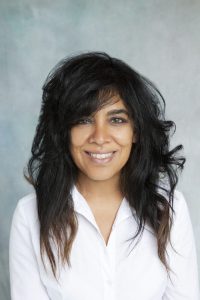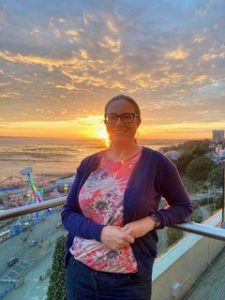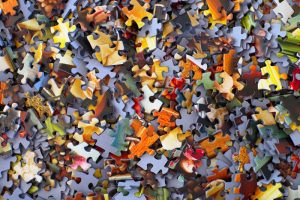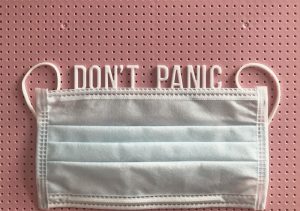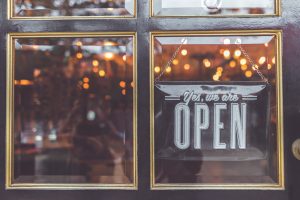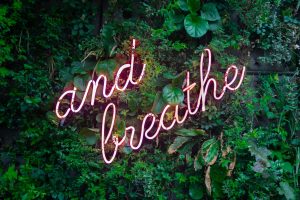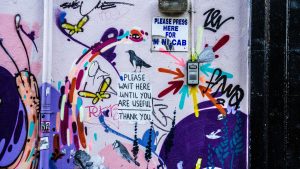
[blockquote line1=””]The Oasis School of Human Relations: inspiring and developing 21st century relationships for meaningful, responsible and sustainable action. We bring radical human relations approaches to transform the world around us. We work with people and their questions, key decision makes, communities and the work places of tomorrow. We are the global pioneers in the application and practice of Whole Person Learning through human relations.[/blockquote]
To respond I had to turn to the changing context in which we find ourselves in the 21st century and distil the elements of living today that are essentially different from the experience of my parent and certainly my grandparents:
- I am inundated with information; this information has an immediacy and is global in its reach: something happens on the other side of the world and I can be almost immediately informed and involved
- The information I receive or seek is often of a contradictory nature, requiring me to hold several competing ideas and thoughts in my head at the same time: for example my need to become more autonomous competes with my desire and need to seek increasingly higher levels of interdependence
- There is no one ‘right way’ of doing things any more
- No single authority has the answer and there are so many more questions; in such a rapidly changing world the knowledge I have gathered is often outmoded before I’ve even had a chance to practice
- I can no longer rely upon experiences from the past to guide my actions, thoughts, beliefs for the future.
In that sense I am involved in a new and different search for meaning. As Mario van Boeschoten writes:
[blockquote line1=”Mario van Boeschoten”]When we engage in the world we immediately walk into the question of meaning – there is nothing that is given anymore. Terrifying in some forms though it is, it is also the space that we meet some deep inspirational forces. It is a sacred space of creativity that unites us in the cosmos.[/blockquote]
Once the space for creativity is embraced, new and different opportunities, possibilities and potentials can be realised.
We neither need nor can utilise more of the same and that includes the nature of relationships to and with each other.
Rather than relying upon the securities of ostensibly shared codes of conduct, whether that is in relation to work, gender, class, power, sexuality, we have, as Bryce Taylor long advocated, to engage more with process, to surrender certainty in order to work things out together. This is a call to becoming more collaborative. We have to find out what is needed and in that sense we have to allow for a greater flexibility with ourselves, with each other and in relation to the world in which we find ourselves.
21st century relationships require me to work out and recognise where I stand in relation to you, ‘the other’; to understand and challenge my values and my world view; and for us, working together out of freedom and difference, to explore and create action for effective change in a demanding, glorious, and hectic world.
So doing requires a level of human endeavour, connection and exploration which goes beyond the mundane and the externally directed and reaches towards a higher level of activity and engagement which embraces not only the intellectual and the emotional but also the soul and the spirit.
In this process I am both the guide and the guided, experiencing and encouraging increasing levels of mutual transparency and trust within our relationship in order to ensure that we can healthily respond and work to transform and shape our ever-changing context.
Only in the company of another am I truly robust enough to work with and manage the complexities of information, contradiction and complexity that already exist and will continue to amplify in this largely unscripted and unrehearsed world.

